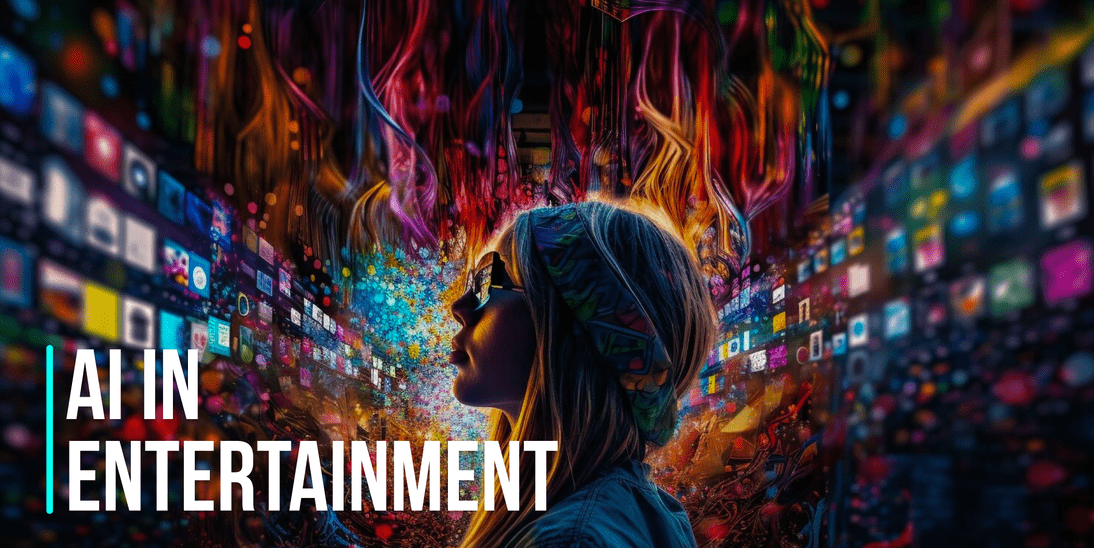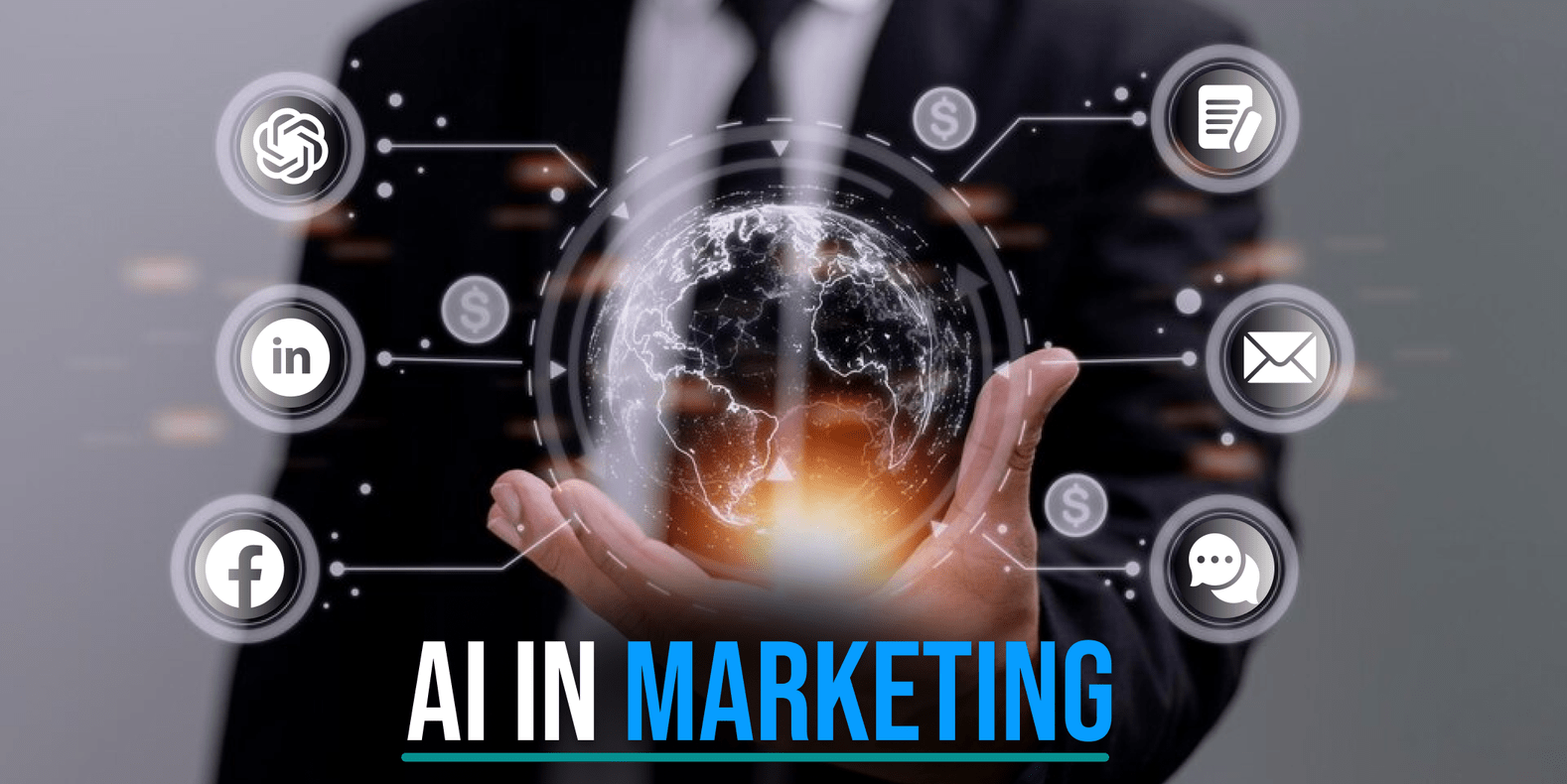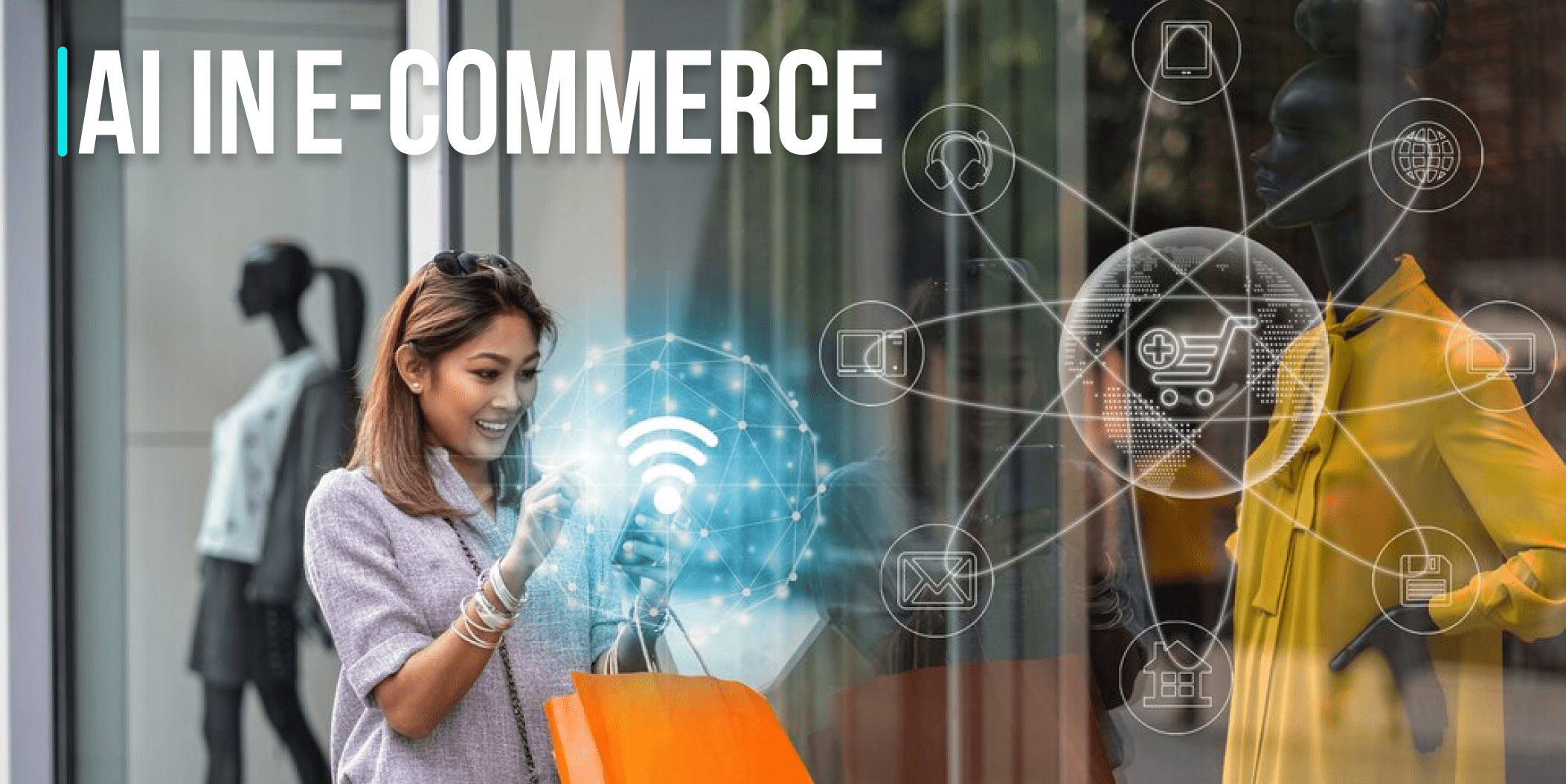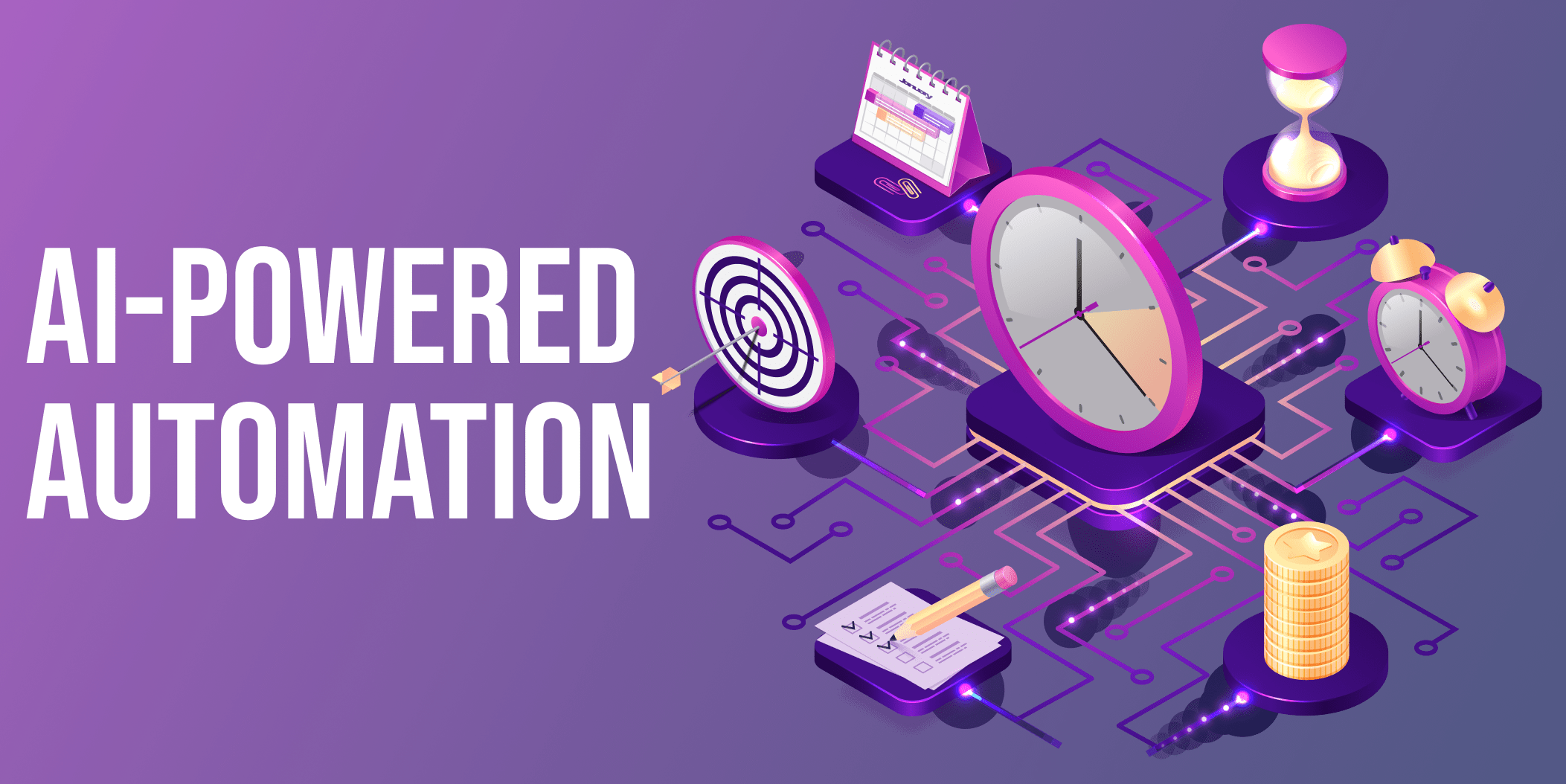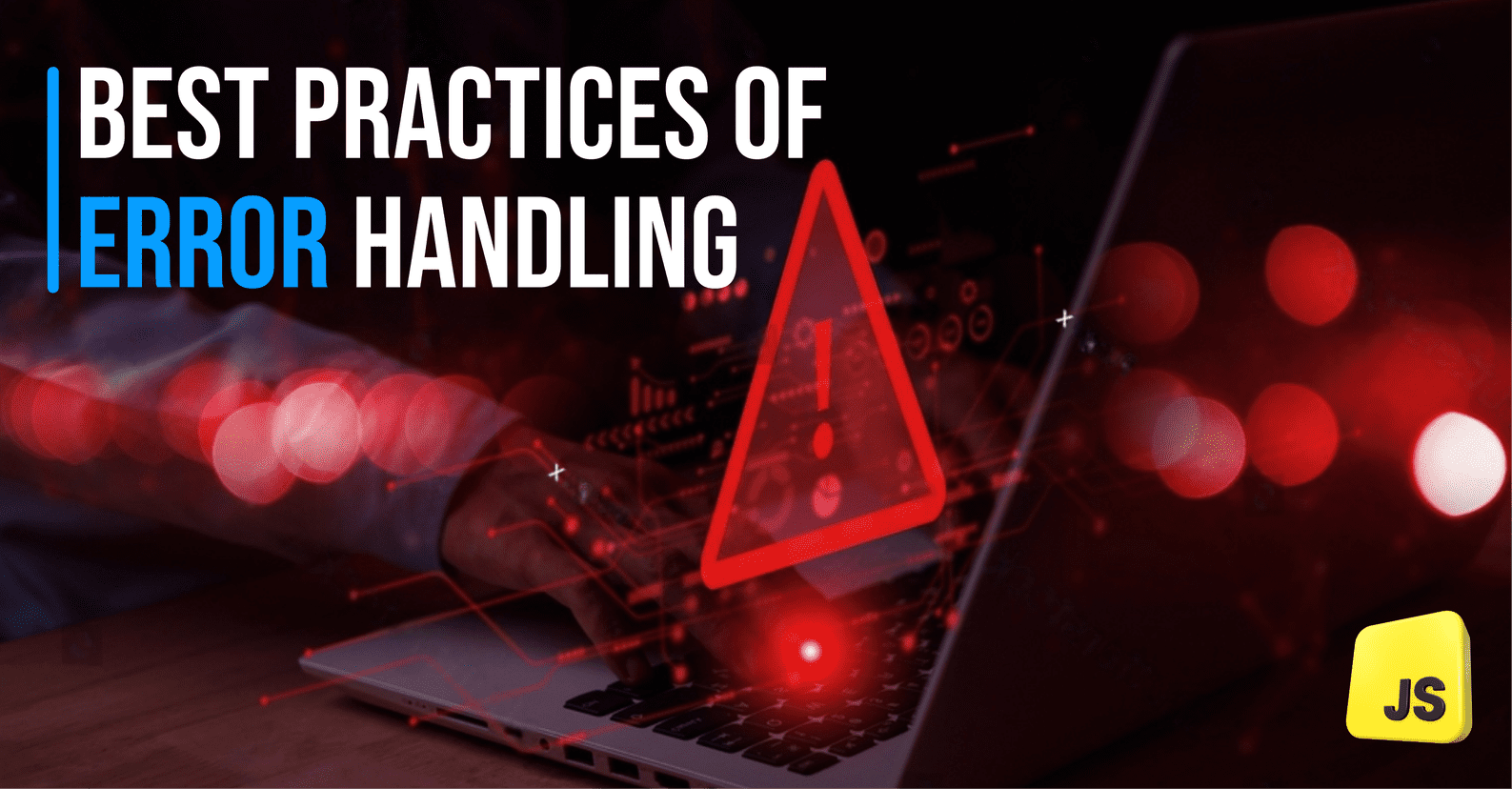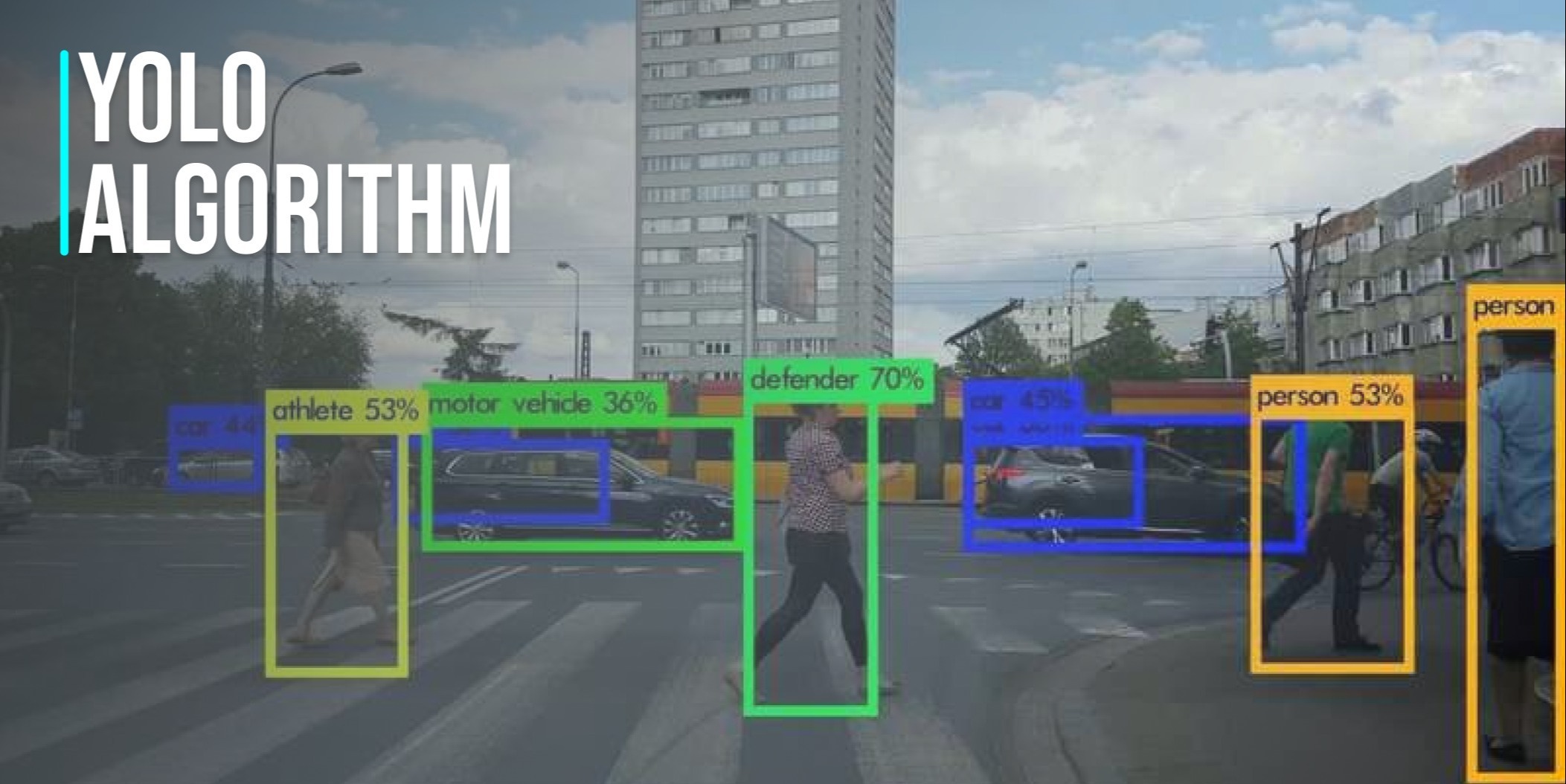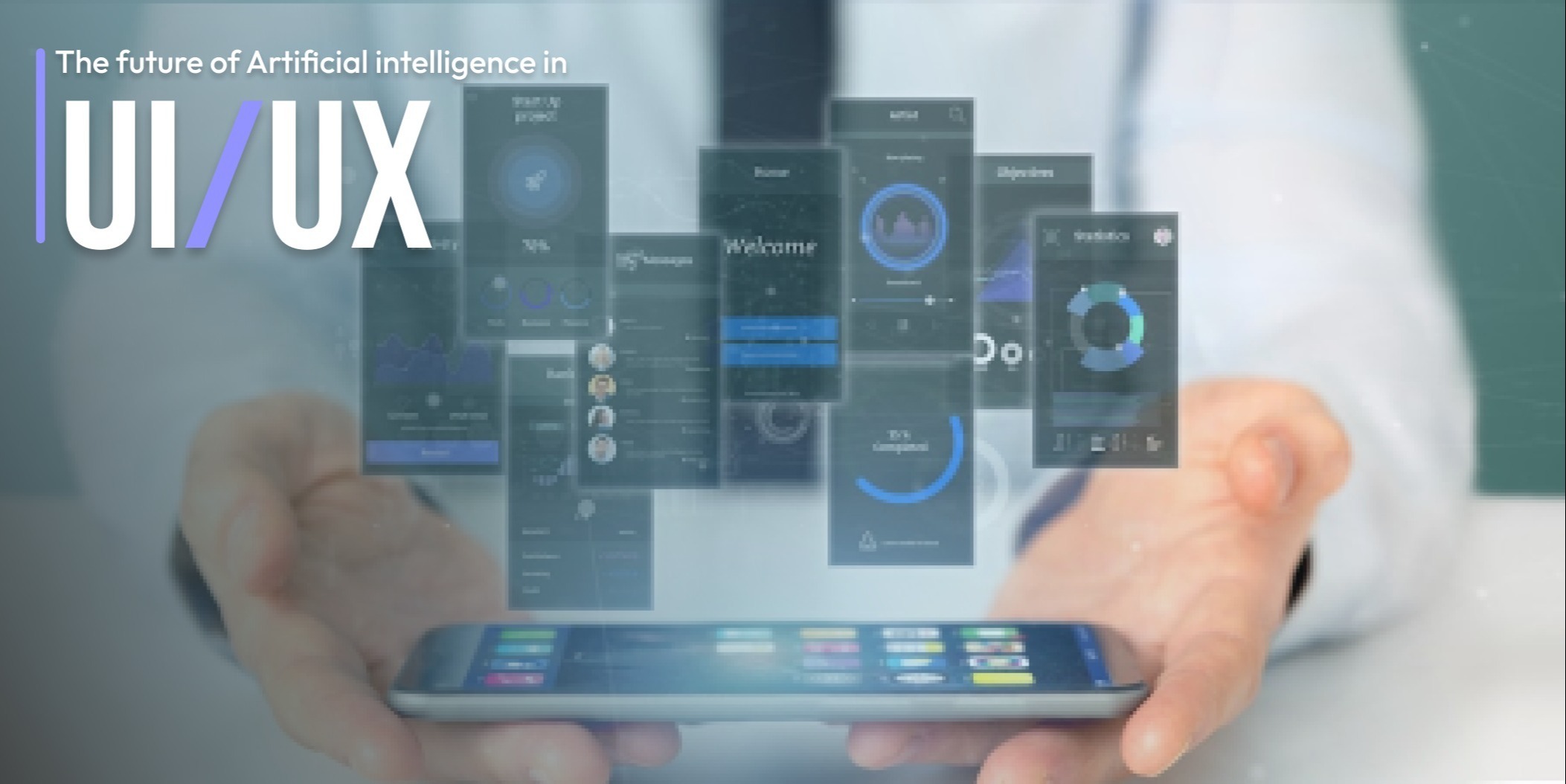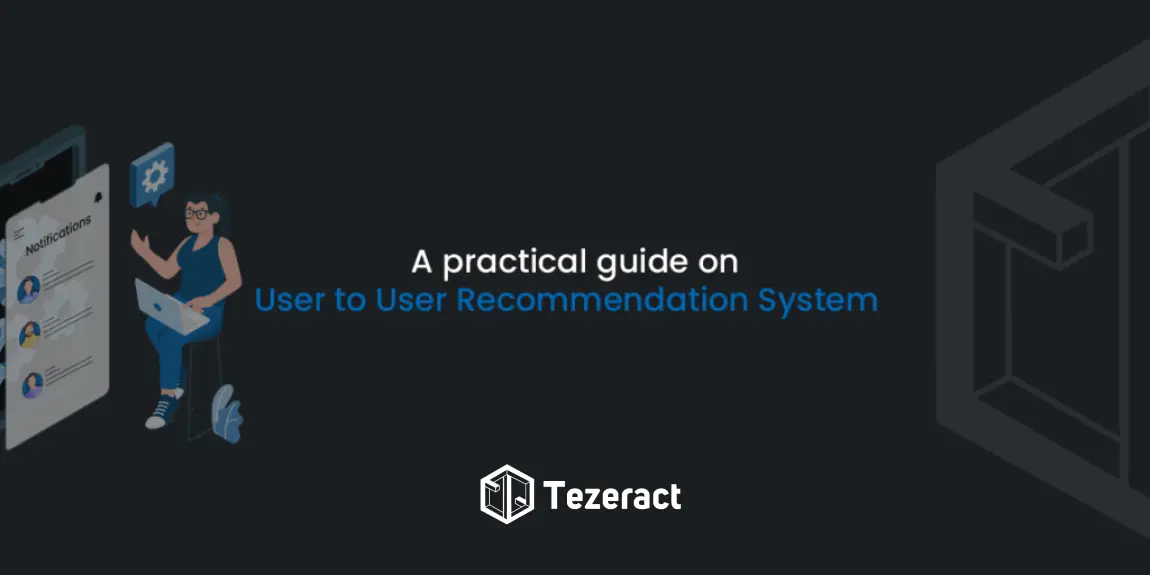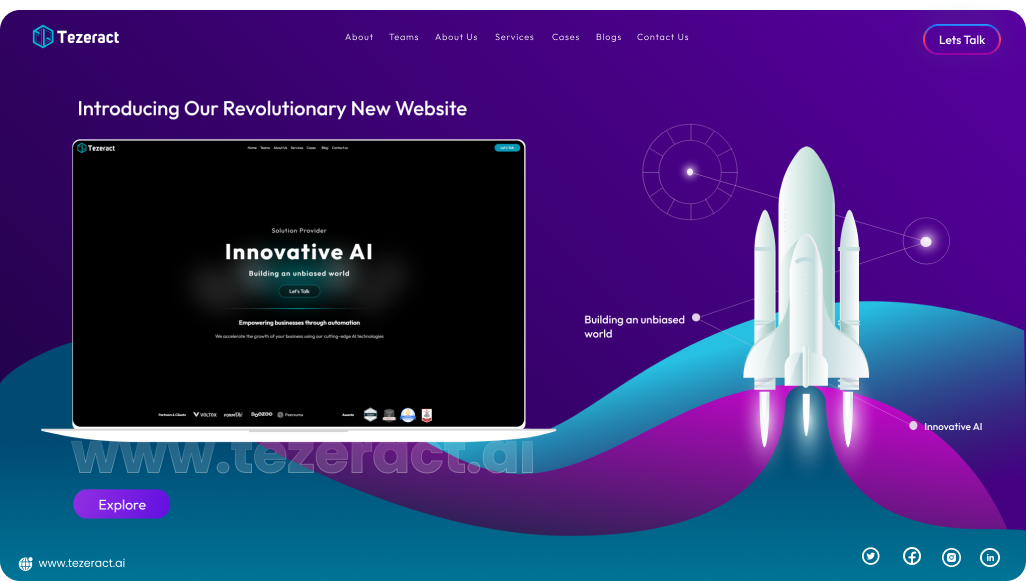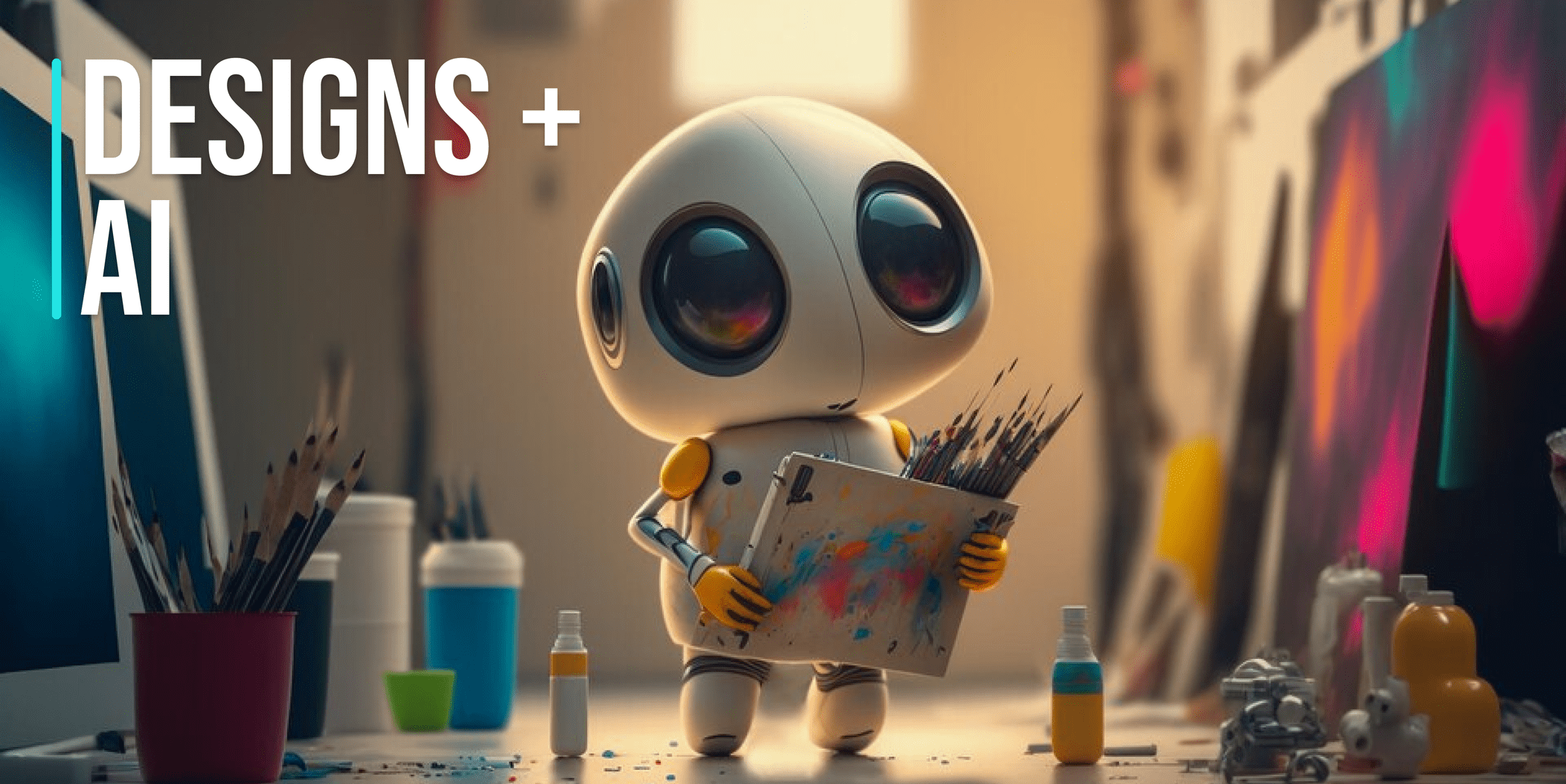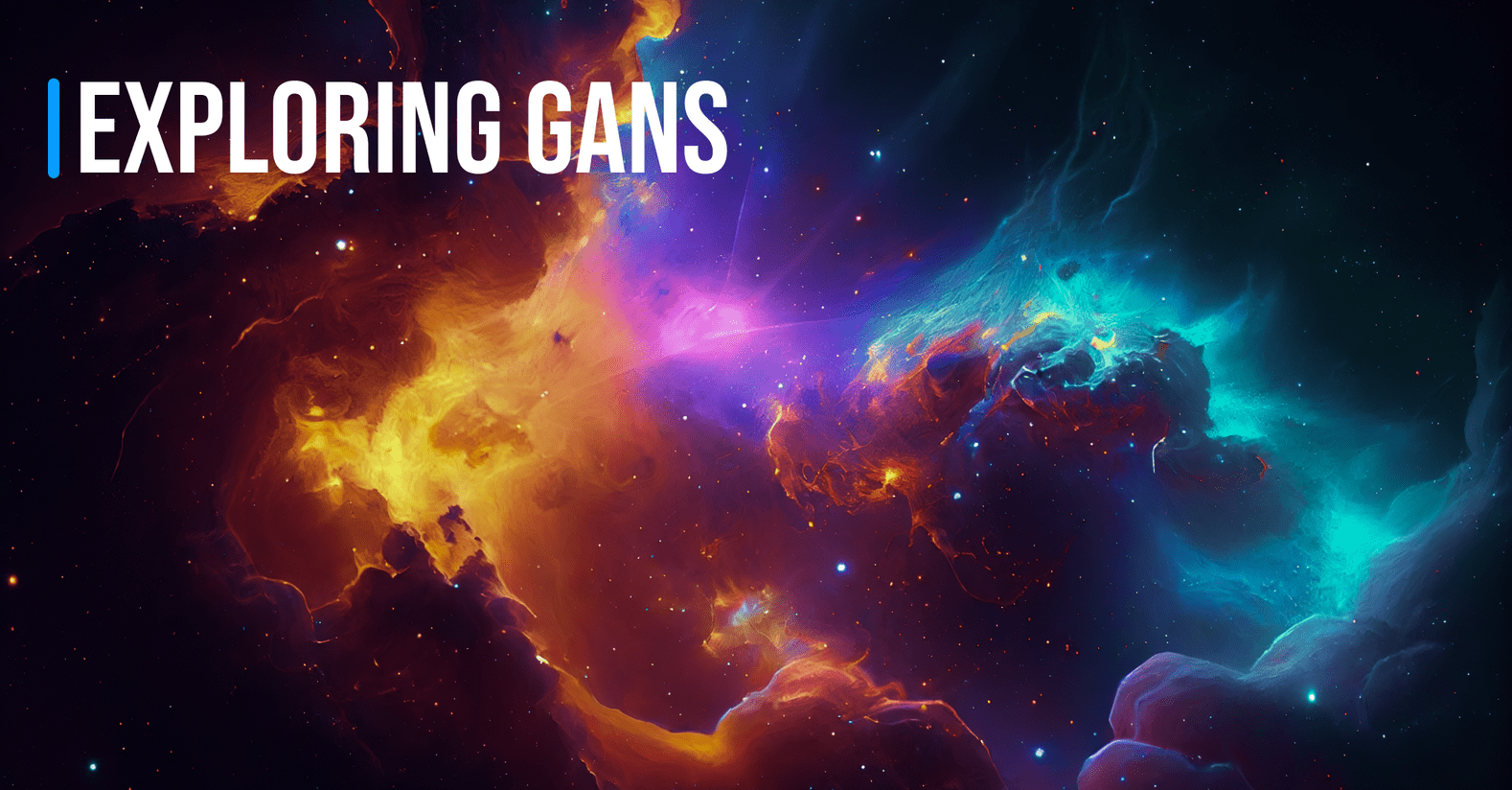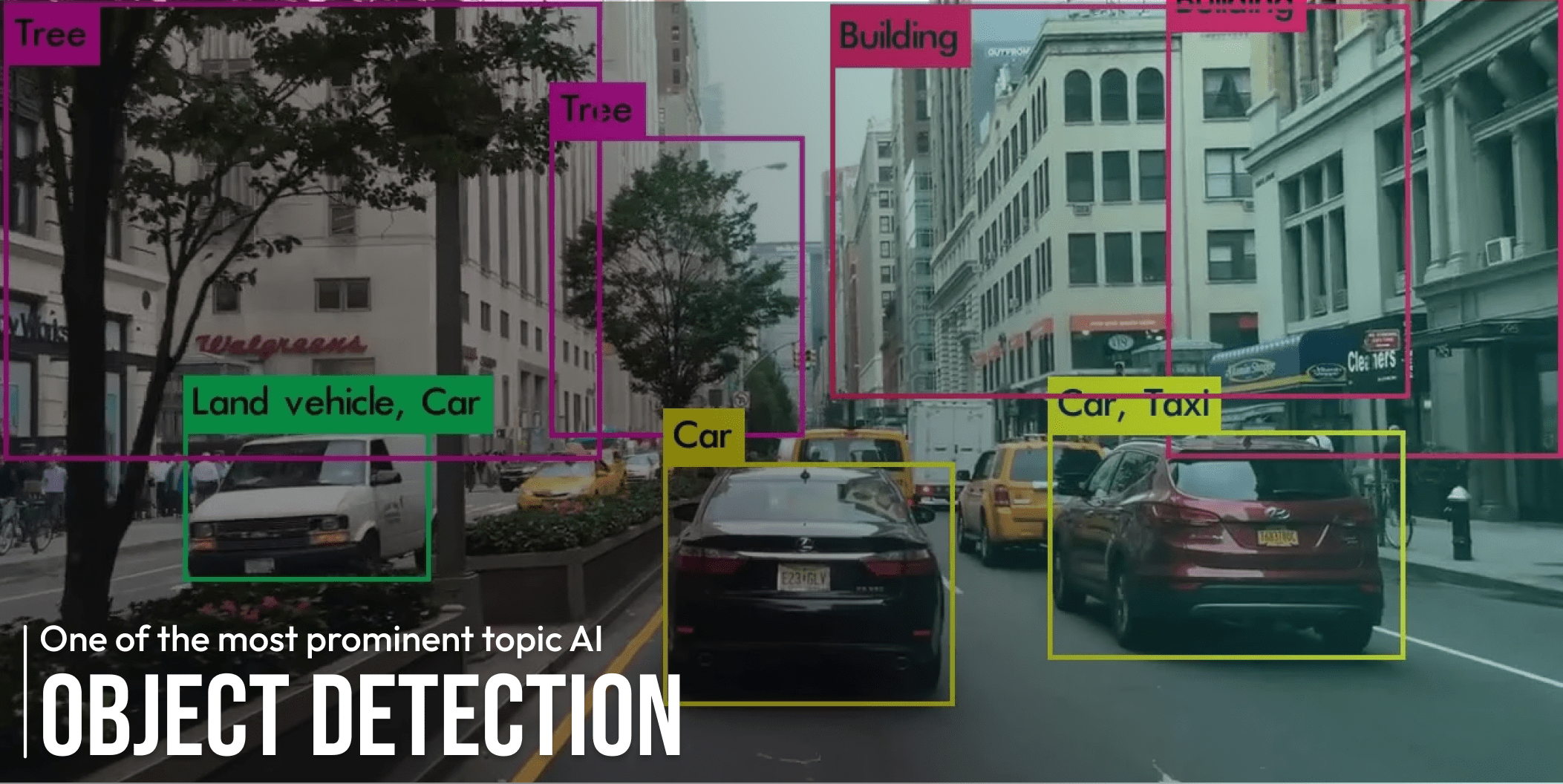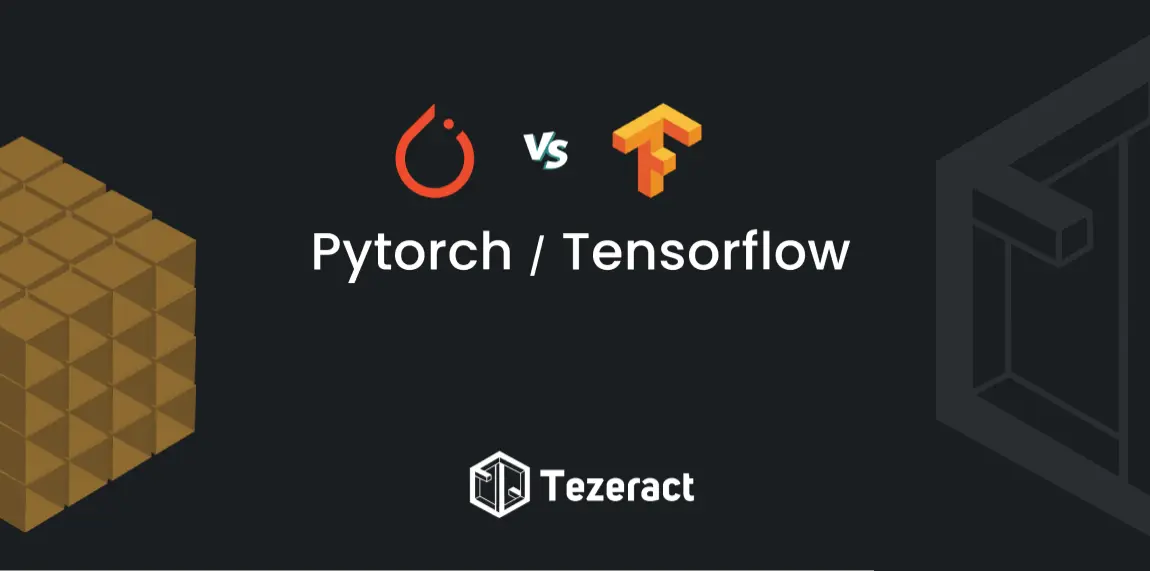Introduction
Imagine sitting down to watch a movie, and the moment you open your streaming platform, you’re greeted with a list of recommendations that feel like they were handpicked just for you. The characters, the storyline, and even the music seem to resonate with your taste perfectly. This is not magic; this is the magic of Artificial Intelligence (AI) at work in the media and entertainment industry.
In this article, we’ll delve into the fascinating role of AI in media and entertainment, exploring its use cases, benefits, and real-world examples that showcase its profound impact on the way we consume and create entertainment.
Role of AI in Entertainment
Artificial Intelligence (AI) has transformed numerous industries, and the media and entertainment sector is no exception. From enhancing content recommendation systems to enabling creative innovations, AI has played a pivotal role in reshaping the way we consume and create entertainment.
AI in media and entertainment transforms content creation, curation, and consumption. It offers personalized recommendations, assists in content generation, enhances user interaction through chatbots, aids in content curation, and enables in-depth content analysis, revolutionizing the entertainment experience.
Films like “Ex Machina,” “Blade Runner 2049,” and “Her” have captured the essence of AI’s influence on our imagination and the profound questions it raises about the future
As per Grand View Research, the global AI in media and entertainment market reached a significant valuation of USD 10.87 billion in 2021. This thriving sector is poised for remarkable expansion, with a projected CAGR of 26.9% anticipated from 2022 through 2030.
Applications of AI in media and entertainment Industry
AI is totally changing the media and entertainment industry, from music to film and TV to gaming to advertising to book publishing to content creation. It’s like AI is this magic wand that’s making everything more creative and innovative. It’s really cool to see how technology is meeting creativity to change the way we produce, distribute, and consume media in the digital age.
Here are a few examples of AI in Media and Entertainment:
Content Creation
Automated Content Generation
AI-driven natural language processing (NLP) models like GPT-3 and its successors have the capability to generate human-like text. This technology is used for generating news articles, product descriptions, and even entire books.
Video Editing
AI-driven video editing tools can analyze video content to identify key scenes, track objects, and even generate highlight reels, making the post-production process more efficient and cost-effective.
Personalized Content Recommendations
AI recommendation engines analyze user behavior, including viewing history, ratings, and interaction patterns, to suggest content that aligns with individual preferences. This enhances user engagement and content consumption.
Detecting Copyright Infringement
AI detects copyright infringement by using complex algorithms to automatically identify unauthorized use of copyrighted content in text, images, videos, and audio. It helps creators protect their intellectual property by flagging infringements for potential legal action.
Music Industry
AI-Generated Music
Generative music, often referred to as AI-generated music, is transforming the music industry by using deep learning algorithms to analyze existing compositions and create original music inspired by particular genres or artists.
This pioneering method offers artists, composers, and producers exciting opportunities to venture into unexplored musical realms and experiment with distinctive sounds. Collaborating with AI as their creative partner, they can expand their artistic horizons and uncover fresh perspectives in music production.
Music recommendation systems
Music recommendation systems examine user data, including listening history, music tastes, and behavior, to build individualized user profiles. These profiles are then employed to offer recommendations based on factors like genre, mood, artist, and tempo. For instance, Spotify utilizes AI algorithms to analyze user data and curate custom playlists.
Film and TV industry
Script Writing
Utilizing AI for crafting compelling and profit-generating film scripts is a smart choice for filmmakers. With a rich dataset of scripts, machine learning algorithms promptly produce original and engaging scripts, saving filmmakers precious time and resources. Furthermore, AI assists in script analysis for screen adaptation, breaking down plotlines to pinpoint queries, uncertainties, and suggestions, streamlining and accelerating the script review process.
3D avatar and visual effects
AI can enhance and streamline the creation of visual effects(VFX) in movies. It can generate realistic CGI characters, enhance background visuals, and automate the compositing process. This can save time and money, and allow filmmakers to create more complex and realistic effects.
For example, AI can be used to create digital doubles of actors, which can be used in scenes where the actor is unavailable or where it is too dangerous to film them. AI can also be used to create realistic environments, such as forests or cities, which can be used in movies that would be too expensive or difficult to film on location.
Producing movies
AI provides numerous benefits to the filmmaking process. It can be used to improve the quality of the film, save time and resources, and increase revenue. For example, AI can be used to create realistic visual effects, automate tasks such as editing and color grading, and target marketing campaigns to potential viewers. As AI technology continues to develop, it is likely that its role in filmmaking will only become more significant.
Predicting box office hits
AI is being used to predict box office numbers, which helps studios estimate how well a movie will do and optimize their marketing and release strategies. This is done by analyzing a variety of data points, such as the cast and crew, the trailer, and the marketing campaign.
AI can also be used to track social media buzz and online reviews, which can give studios an idea of how audiences are responding to a movie before it even hits theaters. This information can be used to make adjustments to the marketing campaign or to decide whether to release the movie in a wider or narrower release.
Gaming
Game Design and Adaptation
AI algorithms can assess player input, gameplay statistics, and industry trends to support game designers in crafting captivating and well-balanced gaming experiences. AI recognizes patterns, refines game mechanics, and recommends enhancements rooted in player choices, ultimately elevating the game’s overall design. Additionally, it can dynamically adjust the game difficulty in response to player performance, guaranteeing a challenging yet enjoyable gaming experience.
Non-Player Characters (NPCs)
AI is harnessed to develop intelligent and lifelike behaviors for non-player characters (NPCs) within games. These NPCs can demonstrate intricate decision-making abilities, adapt to changing scenarios, and engage with players in dynamic and realistic ways.
AI algorithms empower NPCs to serve as formidable adversaries, and authentic companions and ultimately enrich the overall gaming experience. NPCs are endowed with individual objectives, motivations, and distinct personalities, heightening their lifelike and immersive qualities for players.
Proactive Game Assistance
AI agents have the capability to offer immediate support and guidance to players while they’re in the midst of gameplay. By scrutinizing player actions, AI can furnish tips, propose tactics, and offer tailored suggestions to elevate the player’s performance and enjoyment.
This hands-on assistance in games proves especially valuable in intricate or demanding game scenarios, assisting players in surmounting hurdles, uncovering concealed elements, and maintaining their interest. The AI can adjust its guidance according to each player’s unique behavior, ensuring that the assistance remains pertinent and efficient.
Benefits of AI in Media and Entertainment World
The incorporation of AI in media and entertainment sector has resulted in a multitude of benefits here are some:
Enhanced User Experience
Personalized content recommendations and interactive chatbots heighten the user experience, making it more enjoyable and engaging.
Cost Efficiency
The automation of content creation and curation reduces production costs, making it more cost-effective for businesses.
Content Discovery
AI recommendation systems increase content visibility and assist audiences in discovering new and relevant content, enriching their entertainment experience.
Enhanced Creativity
AI tools empower artists and creators to push the boundaries of their imagination, generating new and innovative content that captivates audiences.
Content Moderation
AI plays a pivotal role in maintaining a safe and appropriate online environment, detecting and blocking harmful content, ensuring a secure and enjoyable experience for all.
Real-world examples of AI in Media and Entertainment
Presence of AI in media and entertainment sector is showcased through a range of practical instances, which encompass the following:
Netflix
Netflix’s recommendation system is powered by AI algorithms, which analyze user data to provide tailored content suggestions, leading to longer user engagement.
Spotify
Spotify’s music recommendation system employs AI to suggest tracks that match the listener’s taste, and it’s so accurate that it almost feels like a personalized DJ.
LyricFind
LyricFind is a lyrics search engine driven by AI, enabling users to find song lyrics by using everyday language queries. The system employs natural language processing algorithms to comprehend user queries and deliver precise and fitting outcomes.
OpenAI’s DALL-E
DALL-E generates images from text descriptions, opening new creative possibilities in art and visual storytelling.
Future trends of AI in the media and entertainment industry
The entertainment industry is evolving with the integration of virtual and augmented reality (VR and AR), offering audiences more immersive experiences in gaming, live events, and film and television. VR concerts and interactive storytelling in media are becoming increasingly popular, providing viewers with a deeper level of engagement. Personalization, driven by AI and machine learning, is another prominent trend, with entertainment companies using data to offer tailored content recommendations and targeted advertising.
As technology advances, the impact of AI in media and entertainment will continue to grow, As more companies are likely to adopt personalized strategies to enhance audience engagement and revenue. Additionally, AI-generated avatars and virtual news anchors are set to become mainstream, delivering news in an engaging and immersive manner while accommodating diverse demographics and languages.
How you can use AI in media and entertainment
Start by identifying your goals and specific ways in which AI can help you, whether it is for content creation, movie production, or enhancing your gaming experience. Once your goals are clear, you can select an AI tool.
Create a personalized tool
AI can help you with music production, delivering personalized recommendations, creating AI-generated avatars, and gaining a competitive edge. You can look for custom AI tools to meet your needs.
You can also create a customized tool to meet the needs and goals
Consult a specific vendor
You should consult with a specialized AI vendor with whom you can define your goals for designing AI-powered tools for your niche. They can build personalized AI-powered tools for you based on your idea.
Conclusion
AI has seamlessly woven itself into the fabric of the media and entertainment industry. Its impact is profound, touching every aspect of the consumer’s entertainment journey, from content discovery to content creation. As technology continues to evolve, Role of AI in media and entertainment in this industry will expand, ushering in a new era of creativity, innovation, and engagement.
Whether you are a content creator, a media company, or an avid consumer of entertainment, embracing AI in this dynamic field opens doors to limitless possibilities and promises an entertainment experience that’s tailored precisely to your preferences.
Do you want to create AI-enabled solutions for your company?
We are an award-winning technology firm with extensive expertise in creating spectacular digital success stories for a wide range of businesses.
Let’s speak about it and join the wave of innovation

